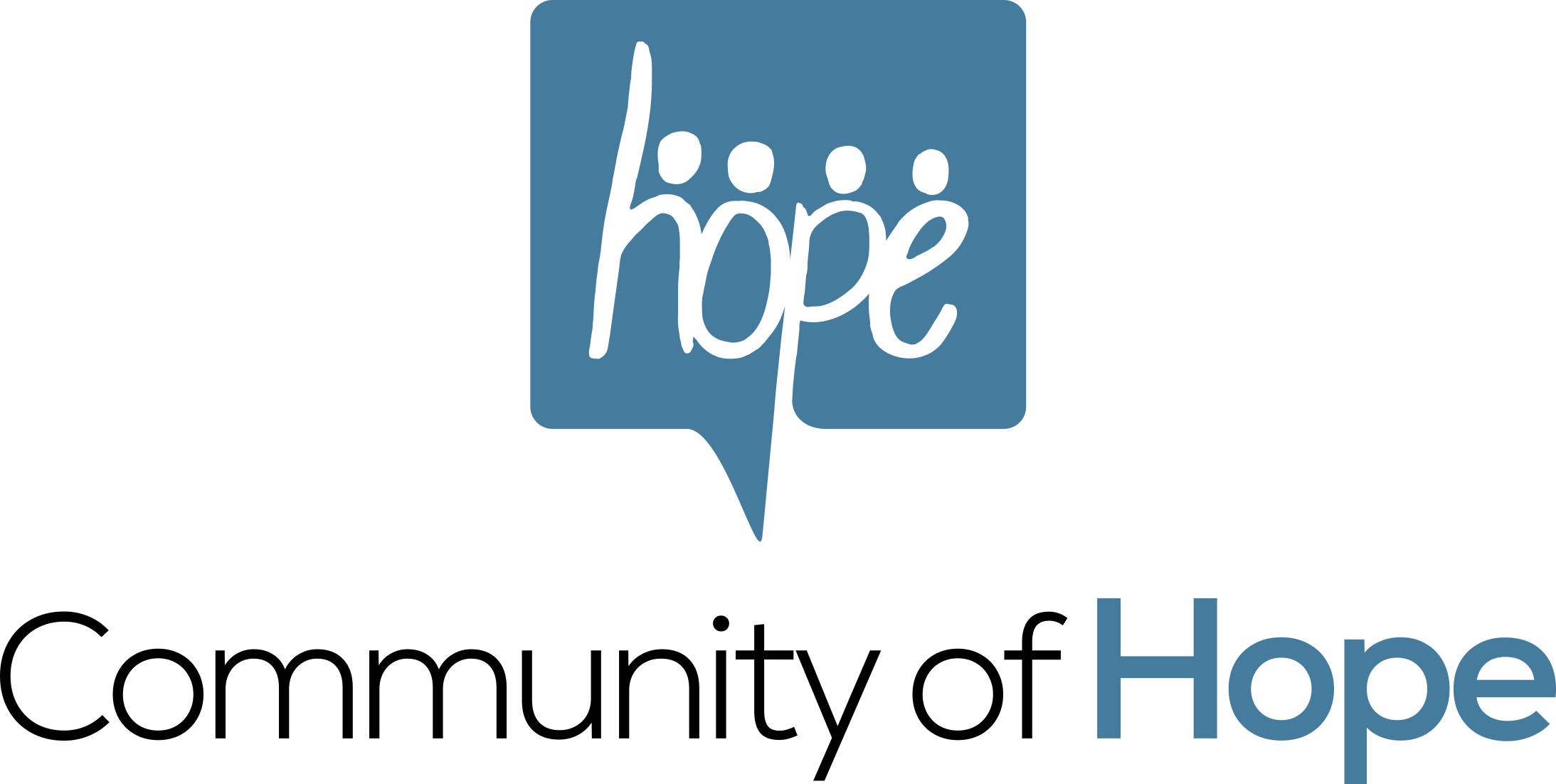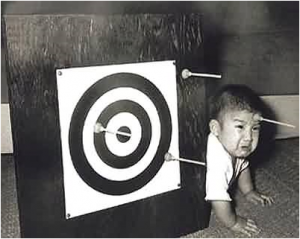Two years ago, my sister in law married Benoit, who lives in France. The wedding was in the very small town of Birkenhof, in Alsace, and our time there was something I’ll never forget. Rather than experiencing France as tourists, we got a taste of the real life of the locals. We stayed in French homes, eating around tables with our new French family, having real homemade French food (it was a bonus that Benoit’s mother, as well as his aunt were both amazing cooks). We were a big part of planning and implementing the wedding and the reception.
I’ve heard that the French have lots of bread, especially in the baguette and croissant forms. I’d also heard that they have cheese and wine with nearly every meal, and that they also eat snails. Of course, we’ve all heard that they speak French.
What I discovered when we went to France is that they must have been hearing the same things that I’ve heard about what French people do, because it’s all true. They really do all of those things. I never did see any copies of books called How To Be French laying around, but they must have it somewhere. While I was never invited to any study groups where they discussed how to get better at being French, I’m sure they have them. And in addition to studying how to be French a lot, the people in France must also practice it a lot, because it all came off as completely natural for them.
Contrasted with their ability to act French was my bumbling attempts as a newbie. The first time I attempted to order coffee, I told the girl behind the counter that she wanted to buy a large coffee. Another time, I told a new male family member that he was a little girl. On more than one occasion, I had to resort to pantomiming what I wanted to communicate, which made me feel like a caveman.
Learning what it means to be a different kind of church community, and then trying to put what we learn into action is going to be like that for a while. It won’t feel natural. It will sometimes feel actually difficult, uncomfortable, and frustrating, because in a very real way, we are learning how to be a different kind of church culture. It may feel very forced and alien to you for a while because we’re coming face to face with the difference between who we currently are, and who we want to eventually be.
Of course the French don’t actually study how to be French. All of those things that the French are known for just flow from them. They’re a part of who they are as a culture. Speaking French doesn’t feel forced to them, and they don’t have to have study groups to learn how to be better at being French. It’s just who they naturally are.
Many of the things (though not all) that we’re learning how to do will eventually become second nature to us, as we practice them more and encourage each other more. If we keep it up, then there will come a day when things like spending time together in community and developing meaningful relationships with the other people around us will come almost as naturally as saying “bonjour” is to a French person.



